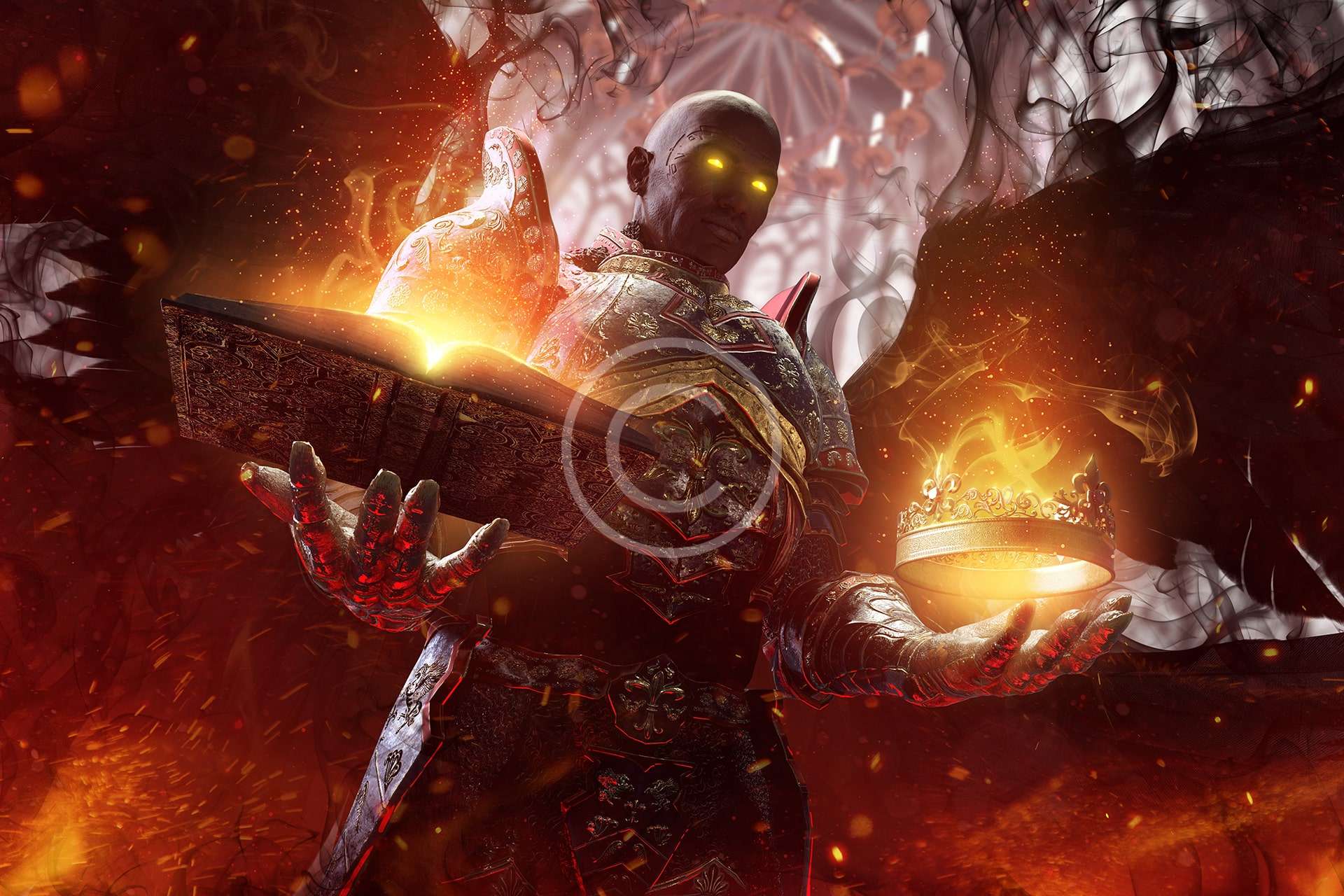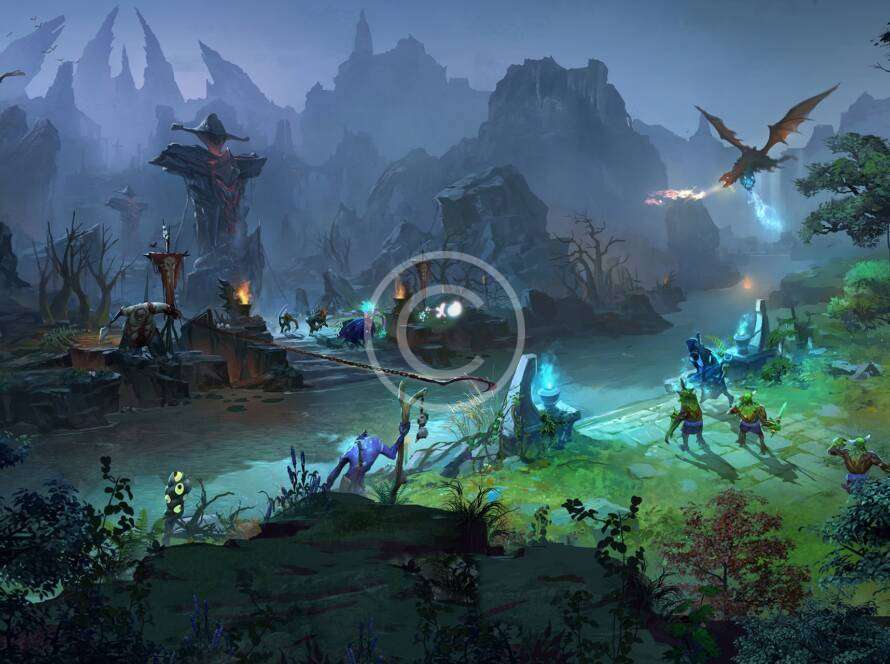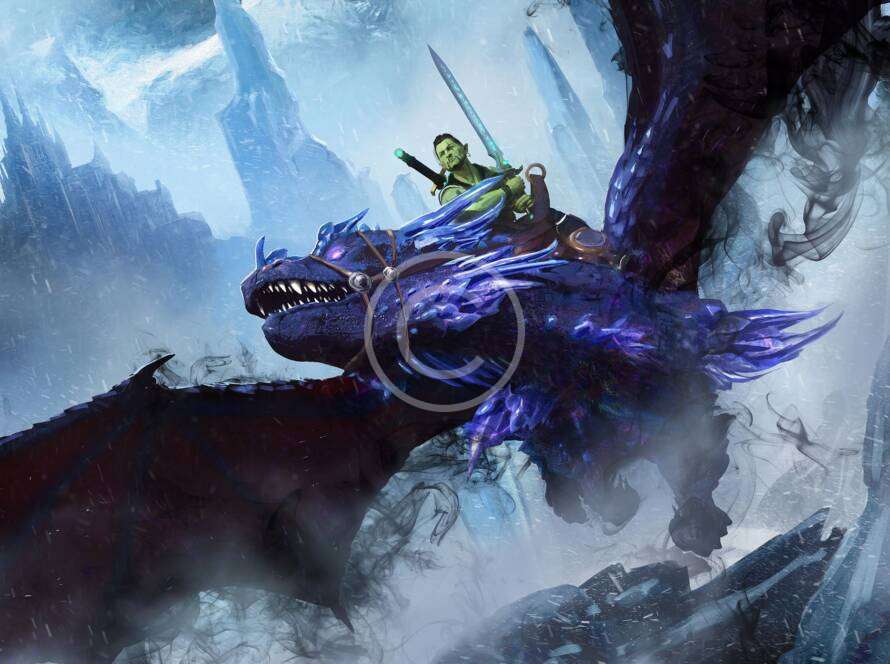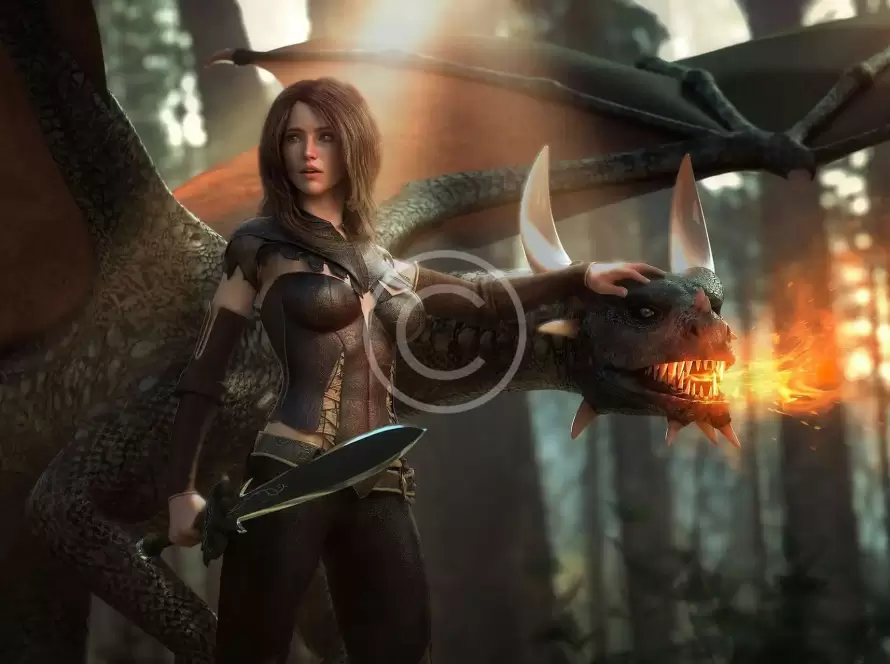In the realm of mythology and fantasy, the Hellfire King is a formidable figure, often associated with the resurgence of dark powers and an imminent upheaval. Tales of such characters captivate the imagination, and the notion of a Hellfire King returning to assert dominance evokes a sense of mystery and anticipation.
1. Mythological Roots:
The concept of a Hellfire King draws inspiration from various mythologies and folklore, where powerful and malevolent rulers rise to reclaim their dominion. These narratives often symbolize the eternal struggle between light and darkness, good and evil.
2. Symbolism of Hellfire:
Hellfire, as a symbol, represents a force of destruction and transformation. The imagery of flames is potent, signifying both the purging of the old and the emergence of something new. The Hellfire King, therefore, becomes a harbinger of change and upheaval.
3. Narrative Dynamics:
Stories featuring the Hellfire King typically explore themes of redemption, vengeance, and the consequences of wielding immense power. The character’s journey becomes a focal point, reflecting the internal and external battles faced in the pursuit of their goals.


4. Archetypal Resonance:
The archetype of a fallen or risen king resonates across cultures and literature. It taps into universal themes of power, ambition, and the consequences of unchecked authority. The Hellfire King becomes a symbol of the consequences that follow the misuse of immense power.
5. Contemporary Cultural Impact:
In modern storytelling, the resurgence of mythical figures like the Hellfire King often reflects societal anxieties or desires for change. These narratives can serve as a lens through which we explore our collective fears and hopes, offering a cathartic experience for audiences.
6. Creative Adaptations:
The Hellfire King motif has found expression in various forms, from literature and film to video games and graphic novels. Creators leverage the rich tapestry of this archetype to craft compelling and immersive narratives that resonate with audiences seeking both escapism and introspection.
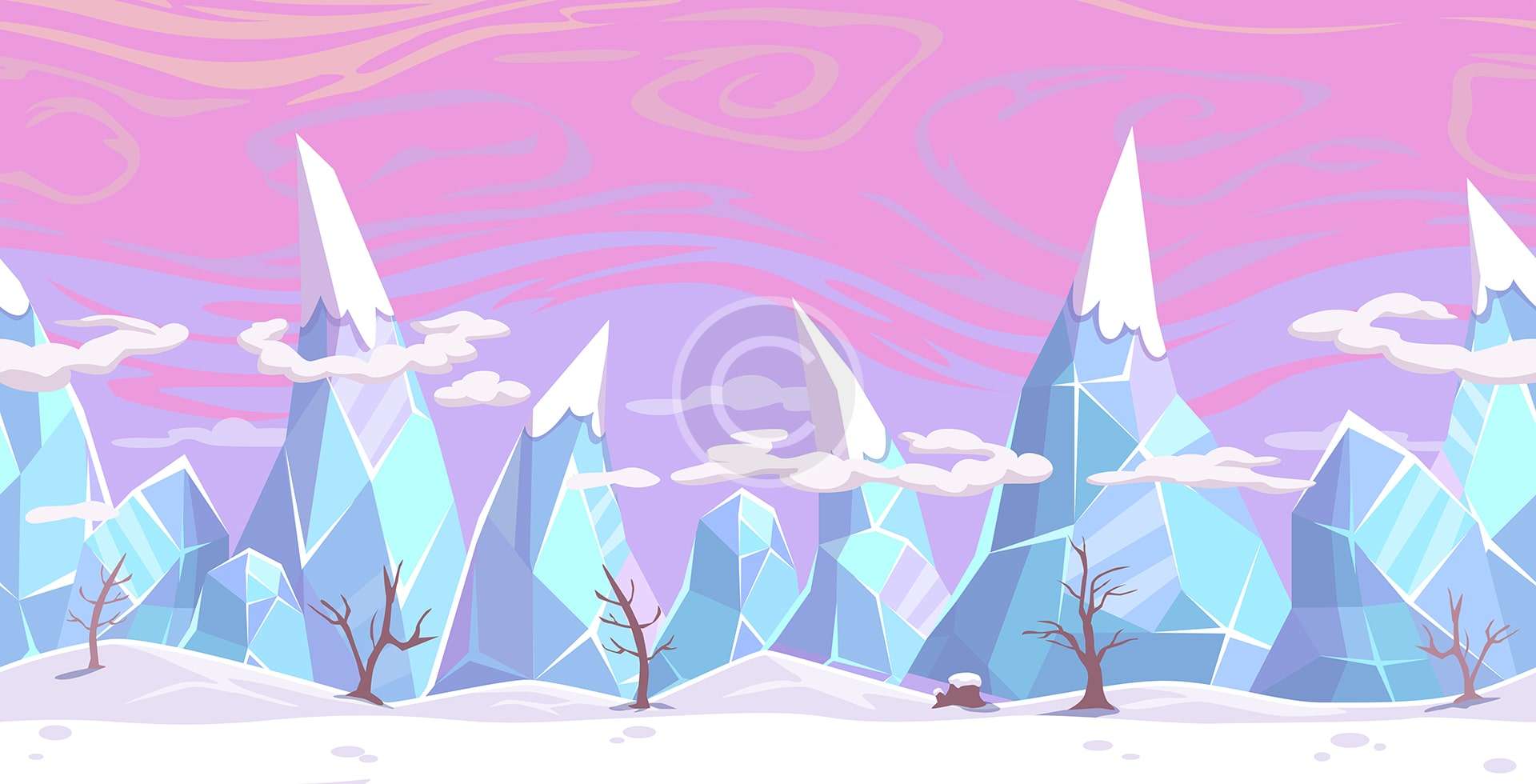
7. Reflection on Power Dynamics:
The Hellfire King’s return prompts contemplation on power dynamics, responsibility, and the consequences of wielding supernatural forces. As audiences engage with these stories, they are invited to consider the ethical dimensions of power and the impact it can have on individuals and societies.
In conclusion, the narrative of the Hellfire King’s resurgence encapsulates timeless themes woven into the fabric of storytelling. Whether as a cautionary tale or a catalyst for transformation, the archetype continues to captivate audiences, offering a journey through the realms of myth and imagination where power, in all its manifestations, reigns supreme.

